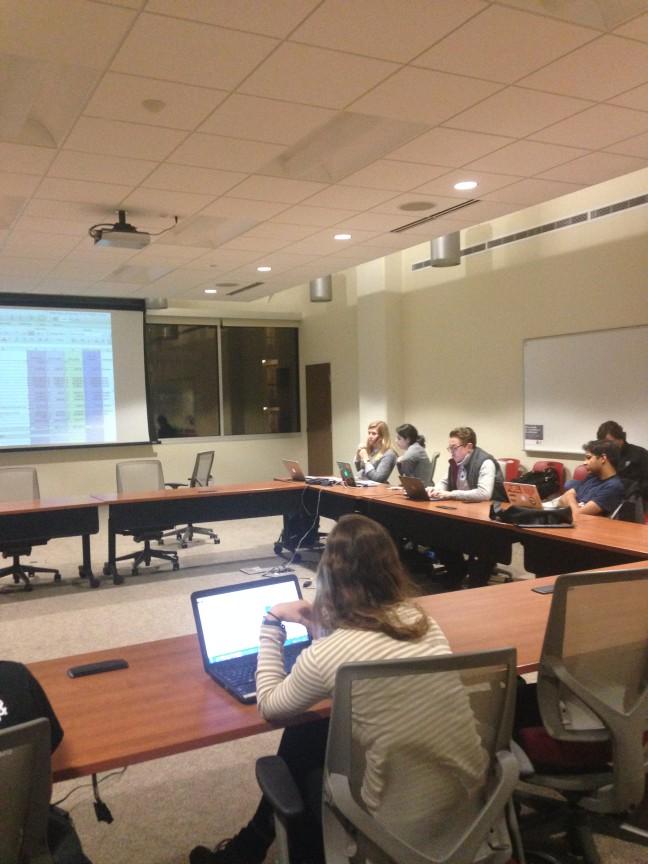At the ASM Coordinating Council, students gave a presentation on their efforts to create a food pantry at University of Wisconsin, and the committee debated the possibility of producing an ASM newsletter to be distributed on campus.
Food pantry
Samantha Arriozola and Alison Montenegro from the prospective UW food pantry delivered a presentation on the food issues present on college campuses. The pantry would be the first official pantry on campus, and it would address the issues students face about food insecurity at UW.
According to their research, 8 percent of students at four-year colleges reported they did not have enough food to eat in the last 30 days. The food pantry would help to alleviate the stress students feel about this issue.
Currently, the pantry representatives are working on organizing their first food drive, which they want to occur at the end of November. They are also collecting bins for food donations and constructing their final policies for running the food drive.
The presenters delivered their presentation at ASM to increase awareness of their efforts and also ask for committee member’s opinions on the names they have chosen for the pantry. One possible name for the pantry is “An Open Seat.” The name signifies their desire for the pantry to be open and welcoming to students who need help getting food or receiving general support in their daily lives.
ASM newsletter
ASM wants to start a monthly newsletter to be distributed to the entire campus via email, which would cover what ASM is doing each month in their separate committees. The newsletter would include campaigns and updates from each committee.
This newsletter would be different than the articles about ASM covered in student media because it would highlight committee decisions, and the council would be able to choose information they believe needs to be shared with the student body. The newsletter is a way to actively inform UW of committee news.
Student Council Chair Madison Laning said the student press is working on other topics besides ASM, and the singular space the newsletter provides is a way to write on how committees feel about their current work. The newsletter can also include a link students can visit if they want to get involved or ask questions about issues ASM is dealing with on campus, Laning said.
“The newsletter allows us to create our own narrative,” Laning said.


